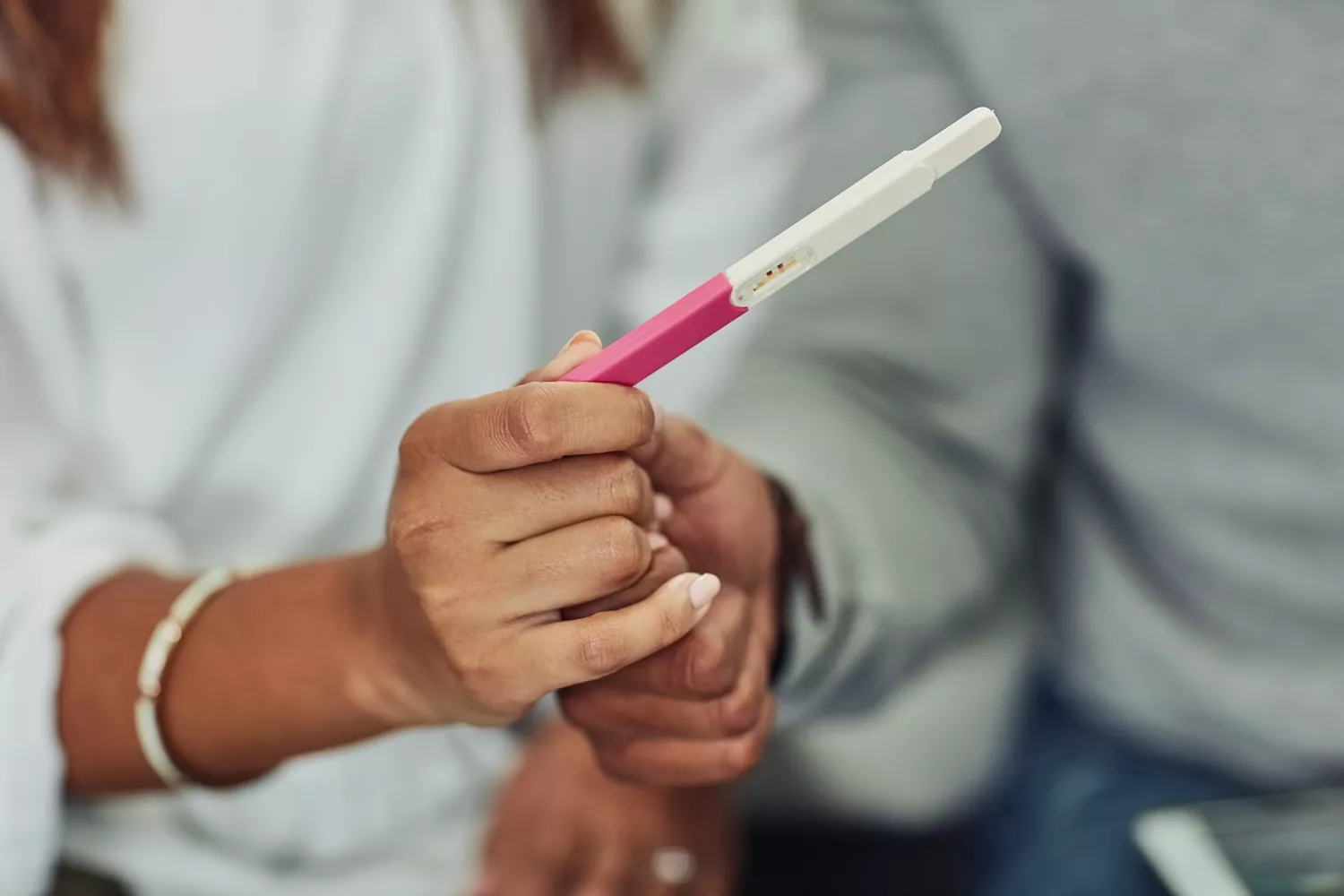How long does it take to implant a child?


The timing of conception and making sure the sperm meets with the egg are often the main concerns for those who want to get pregnant. The second step is crucial for a fertilized ovary to become a pregnancy. The fertilized egg will make its home in the uterus.
After fertilization, the fertilized zygote (now known as a zygote), travels through the Fallopian tube, and undergoes multiple rounds of cell division while it moves towards uterus, explains Lora Sharine M.D. F.A.C.O.G. a reproductive endocrinologist, and program director at Pacific NW Fertility, in Seattle. The zygote will implant into the uterine wall once it reaches the uterus. This is called implantation.
It’s only natural that you have questions about the entire process. We spoke to experts to find out more about the implantation process, when it happens, and how long it takes.
What is Implantation?
The process of implanting is when a fertilized ovary attaches itself to the uterus after conception. It is a crucial step for a successful pregnancy and occurs between six and 12 days after conception.
How long after conception does implantation occur?
Alyssa Quinby, M.D. is a board-certified OB-GYN and co-founder at Feminine Health Education. She explains that “Implantation usually occurs between six to twelve days after conception.” This range is based on the speed at which the zygote enters the uterus after conception.
There are several other factors necessary for successful implantation. The hormones progesterone and estrogen, an adequate blood supply to the uterus and a healthy embryo are all important.
Dr. Shahine explains, “And all of it needs to be in the right phase of its menstrual cycles.” The timing is crucial; if the zygote does not arrive in less than six days, then the endometrium might not be ready.
You’re late with your period but your pregnancy test is negative. What now?
What are the signs of successful implantation?
There are some physical signs that indicate implantation. These include:
- Light spotting is also known as bleeding.
- The zygote burrowing physically into the uterine liner causes the cramping.
- A slight increase in body temperature
- Changes in the amount and consistency of cervical mucus
- Breast tenderness or swelling?
Dr. Shahine says that implantation can also occur without any visible symptoms. These symptoms may also be due to other factors, such as high progesterone before the start of your period. They are not always reliable indicators of implantation. Only a test can confirm implantation.
How soon after implantation can you test positive for pregnancy?
Dr. Quimby explains that after implantation the human chorionic hormone (hCG), which is a pregnancy hormone, begins to rise. This hormone is responsible for a positive pregnancy result. Sadly, for those who are eager to find out if they’re pregnant, it can take a while for hCG levels to be detectable. It varies depending on the individual, but hCG can be detected via a blood or urine test 8 to 11 days following fertilization.
According to Dr. Shahine, “A pregnancy test is able to detect a pregnancy one to two week after implantation depending on the test’s sensitivity and the timing of the test relative to ovulation or implantation.”
One of the main reasons people get a false-negative result on a prenatal test is that they take the test too soon and the hCG levels are not high enough. For the most accurate results, Dr. Shahine says that it’s best not to take a test until a few days have passed since a missed period.
13 Things You Should Know If You Are Having Sex To Get Pregnant
You Can Have Successful Implantation Through Fertility Treatments
It is important to understand that the menstrual cycle prepares your body to have a successful implantation 6-12 days after ovulation. When people use in vitro fertilisation, artificial sperm insemination to get pregnant, they take steps to increase the chances of fertilization and implantation.
“Depending on individual circumstances and advice from a healthcare provider, an Intrauterine Insemination may be timed just before or after ovulation with the goal to place the sperm into the fallopian tubes or uterus at the most likely time to have the egg present,” says Dr. Shahine. The health care provider can also use ultrasound to monitor the growth of follicles on the ovaries. This will help determine the timing for IUI.
1
Dr. Quimby says that part of this process is to check if the lining in the uterus has been prepared for the fertilized eggs to implant. This is why cavity evaluation is recommended (with ultrasound, an intrauterine camera, or a dye injection) to make sure there are no abnormalities or growths that could interfere with a successful pregnancy.
You’ll be closer to a healthy pregnancy and successful implantation if you take into consideration all these factors. If you have any questions regarding your chances of getting pregnant, the timing of your conception or your menstrual period, please contact your OB-GYN.








